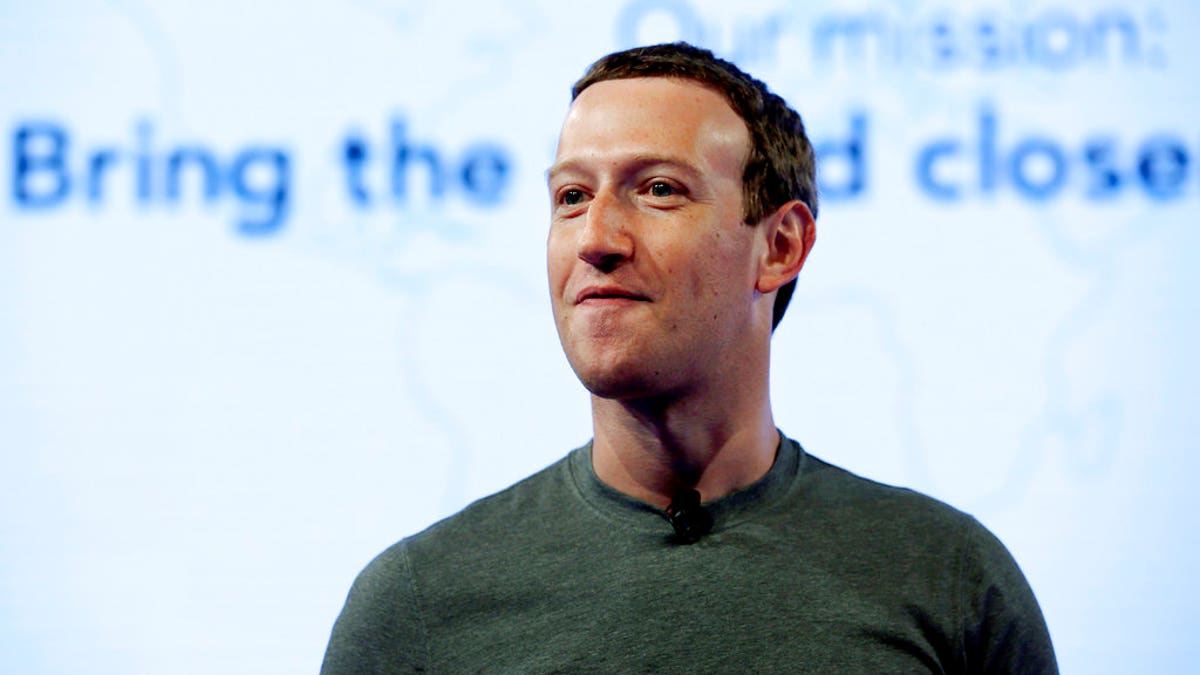Facebook hit with another data breach, 3M users exposed

FILE - In this June 21, 2017, file photo, Facebook CEO Mark Zuckerberg speaks during preparation for the Facebook Communities Summit, in Chicago. Zuckerberg embarked on a rare media mini-blitz Wednesday, March 22, 2018, in the wake of a privacy scandal involving a Trump-connected data-mining firm. (AP Photo/Nam Y. Huh, File) (Copyright 2017 The Associated Press. All rights reserved.)
A huge new data breach has allowed a rogue app to snatch the intimate details of three million more users.
This latest gaffe saw the intimate details of 3 million users snatched by a rogue app with links to the software at the heart of the bigger privacy scandal that recently rocked the firm.
The "myPersonality" quiz is the app in question this time round: a questionnaire that asked people about highly personal matters, including the results of psychological tests, reports New Scientist.
All this sensitive info was then uploaded to a website with "poor security precautions" and shared with almost 150 institutions and companies, including researchers at universities and at firms like Facebook, Google, Microsoft and Yahoo.
The fresh revelations come just months after Facebook's historic data breach.
That catastrophic blunder impacted around 87 million people (including 1.1 million Brits), who are thought to have had their data secretly hoovered-up by a rogue app created by UK-based academic Aleksandr Kogan.
This info was then obtained by the now-defunct political propaganda company Cambridge Analytica, which reportedly used it to influence the 2016 US presidential election and the Brexit vote.
The "myPersonality" app was reportedly the brainchild of two academics from the University of Cambridge's The Psychometrics Centre.
And Kogan was also previously involved in the project.
Facebook has apparently shut out the app as part of its sweeping audit of shady software on its site, which has impacted around 200 apps in total thus far.
Despite being on damage control for the past several weeks, the social network knew this day was coming.
The company basically admitted that more blunders probably took place (as did Kogan and former Cambridge Analytica staffer Brittany Kaiser).
While its solution has been to roll out new privacy tools urging users to better safeguard their info, the symptoms for these breaches date back to pre-2014.
Back then, Facebook allowed app developers to grab your info and that of your mates without their permission.
universes
It finally got round to changing those haphazard rules in 2015, but it was already too late.
And so nobody should be particularly surprised if more data breaches surface in the coming weeks – especially not Facebook.
This story originally appeared in The Sun.




















